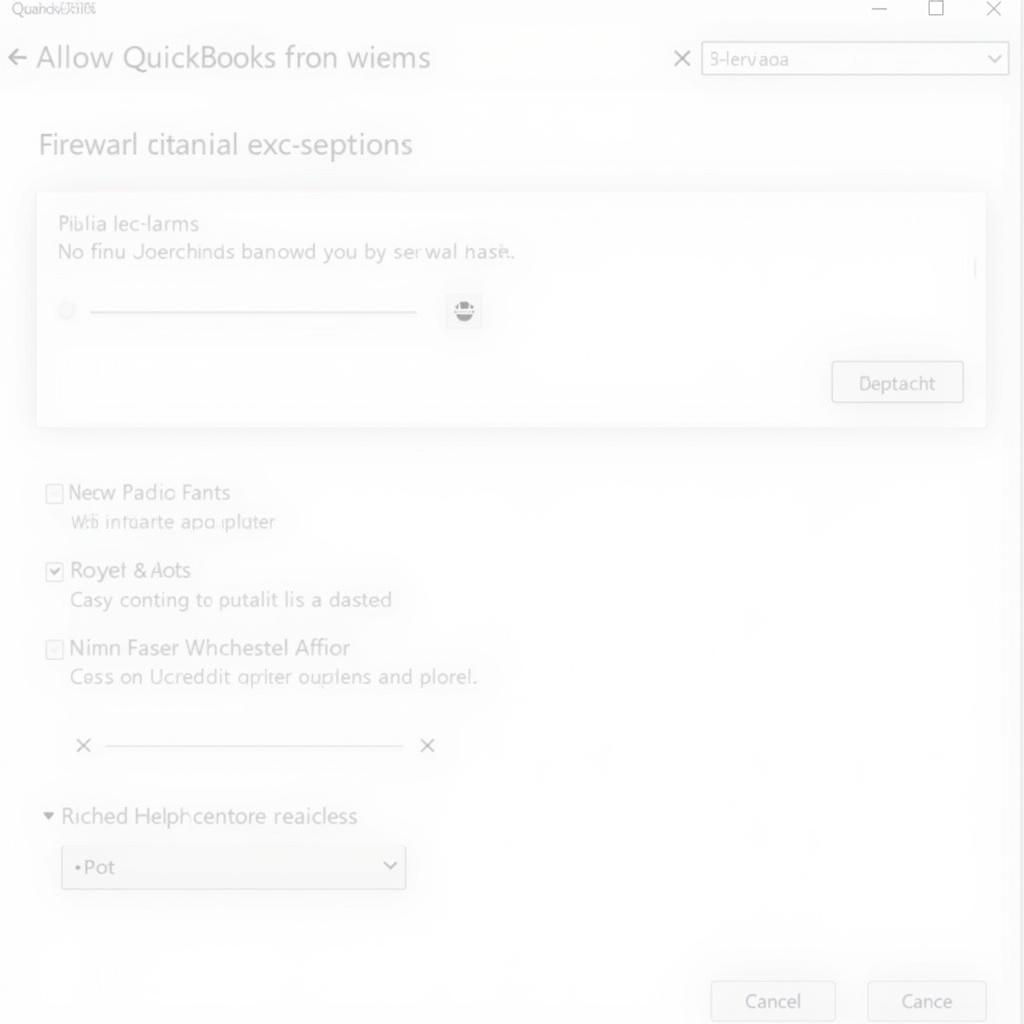The term “Ados Only Diagnostic Tool For Asd” often pops up in online searches, leading to confusion and misinformation about autism diagnosis. While the ADOS (Autism Diagnostic Observation Schedule) is a widely recognized and valuable tool, it’s crucial to understand that it’s not the sole instrument for diagnosing Autism Spectrum Disorder (ASD).
Unveiling the ADOS: A Powerful Tool in the ASD Diagnostic Toolkit
The ADOS is a standardized, semi-structured assessment tool administered by trained professionals. It involves a series of activities and interactions designed to elicit social, communication, and behavioral responses associated with ASD.
Think of the ADOS as a specialized lens through which clinicians can observe and analyze a person’s behavior in a structured manner. It helps identify potential markers of ASD across various age groups and developmental levels.
However, it’s essential to recognize that a comprehensive ASD diagnosis relies on a multi-faceted approach, not solely on the ADOS.
Beyond ADOS: The Pillars of Accurate ASD Diagnosis
Imagine a detective piecing together clues to solve a complex case. Similarly, clinicians utilize a combination of assessments and information to arrive at an accurate ASD diagnosis. Let’s explore these vital components:
1. Developmental History: Understanding a person’s developmental journey, including milestones achieved and any challenges faced, provides crucial insights.
2. Clinical Interviews: In-depth conversations with individuals and their families help gather valuable information about their experiences, challenges, and strengths.
3. Behavioral Observations: Observing a person’s behavior in different settings, such as home or school, provides a broader perspective on their social interactions, communication styles, and patterns of behavior.
4. Cognitive and Adaptive Functioning Assessments: Evaluating cognitive abilities, adaptive skills, and areas of strength and difficulty helps tailor support strategies and interventions.
5. Ruling Out Other Conditions: It’s crucial to consider and potentially rule out other conditions that may present with similar symptoms to ASD, ensuring an accurate diagnosis.
Putting the Pieces Together: The ADOS in Context
“The ADOS provides valuable data points but relying solely on it for ASD diagnosis is like judging a book by its cover.” – Dr. Emily Carter, Clinical Psychologist specializing in ASD.
The ADOS acts as a powerful tool within a comprehensive diagnostic process. It helps gather standardized observations, but it’s the thoughtful integration of all assessment findings and clinical judgment that leads to an accurate diagnosis.
Seeking Professional Guidance: Navigating the Path to Diagnosis
If you suspect you or a loved one might be on the autism spectrum, seeking professional guidance is paramount. Contact a qualified healthcare provider specializing in ASD diagnosis and treatment. They will employ a comprehensive approach, utilizing various assessment tools, including the ADOS, to arrive at an informed and accurate diagnosis.
Remember, understanding the ADOS’s role as part of a larger diagnostic process empowers individuals and families to advocate for themselves and access appropriate support services.
Need help or guidance?
Contact ScanToolUS at +1 (641) 206-8880 or visit our office at 1615 S Laramie Ave, Cicero, IL 60804, USA.


